
Growing A Career In Horticulture
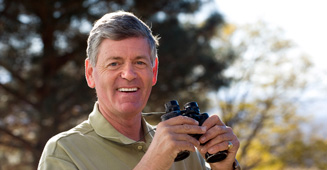
Contributor
Great plantspeople cultivate their passion and, like the plants in our gardens, mature into their place in the landscape. Today, as director of Monrovia’s new plants program, Nicholas Staddon works with breeders, hybridizers, and professional plant explorers searching for exciting new discoveries. In this interview conducted by Pacific Horticulture contributor Debra Prinzing, learn more about his horticultural journey from reluctant helper, to agriculture school, to his position today as one of horticulture’s most influential players.
A conversation between Seattle-based writer Debra Prinzing and Nicholas Staddon.
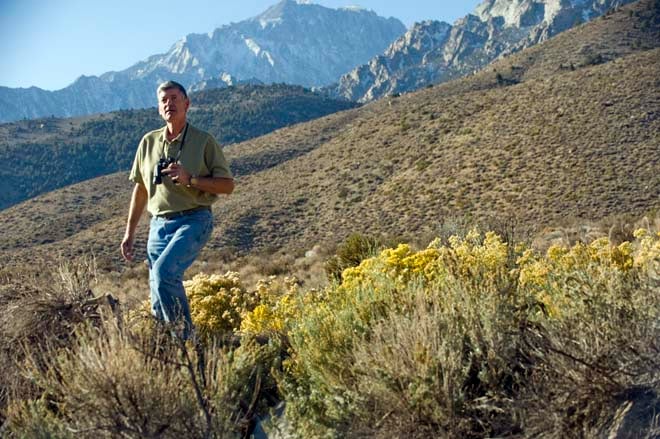
Debra Prinzing: When did you fall in love with plants?
Nicholas Staddon: I cannot remember early encounters with plants as a child, but I do remember gardening—under duress—with my father’s mother. There was no love in it, whatsoever. Granny Staddon was a strong woman and she had me pushing a wheelbarrow and shoveling manure into planting holes. Once I asked her why so many plants died in her garden. She looked down her nose at me and said: “Nicholas, darling, if you’re not killing plants regularly, you’re not gardening hard enough.”
DP: Then what lured you to agriculture school?
NS: I come from a family of doctors, but I had a passion for farming. My family thought it was ridiculous. Fortunately, my father had a farmer friend who helped me get into Witnesham Agricultural College. As a student-apprentice I divided my time between farm and college. What was learned in the classroom was put to practice in the field.
DP: What was your first job?
NS: I worked on a country estate with 2,000 acres of arable land. I found myself looking at—and enjoying— the plants. I spent a lot of time with the gamekeepers who were responsible for all of the wildlife on the estate. They kept the vermin down and raised pheasants, partridges, and ducks for shooting. Working with them, I became aware of all the different trees and shrubs and indigenous plants on the estate.
DP: What brought you to the US?
NS: After working for five years as a falconer on two Royal Air Force airfields, I ended up in Greece as a deck hand and later, a first officer, on a very large, privately owned boat. I came across the Atlantic in 1982 when we brought the boat to Ft. Lauderdale for some mechanical work. That’s where I met my wife, Karin.
DP: How did you eventually get off of that yacht?
NS: The owner of the boat, who we’ll call “Mr. X,” discovered I was going to get married and had given my notice to the captain. Mr. X said, “Oh, no, you don’t want to do that. I have a nursery in Albuquerque, New Mexico—you can come and work for me.” My response was, “Mr. X, that’s very generous of you, but I don’t want to spend the rest of my life looking after children and I have no desire to live in Mexico.” He leaned across the table and responded, “You fool. You British think you’re all so smart. I’m talking about a PLANT nursery and it’s in a place called NEW Mexico.” Clearly, my American geography was not as good as it should have been.”
DP: So you started your horticulture career in New Mexico?
NS: Yes. Mr. X owned Treeland Nursery just to keep his Albuquerque estate stocked with beautiful plants. He loved the industry and being around plants. It was a new experience for us, but we were welcomed like long-lost family, and I quickly became totally consumed and seduced by plants. I stayed with Treeland for three years, during which I was introduced to Monrovia, one of our suppliers. Later, I worked on both the retail and wholesale sides of the business at Paynes Nursery in Santa Fe before joining Monrovia.

DP: After about 10 years in sales at Monrovia, you were given the responsibility for new plants in 2000. How did that occur?
NS: We’d had several folks in and out of the new plants department, but for some time we hadn’t had someone permanently overseeing it. I’d always been a squeaky wheel about new plants—I was a little outspoken. When the owners told me I was to take over the department, the first words out of my mouth were: “That’s about the most ridiculous thing I’ve ever heard. I don’t have a formal education in plants.” Gilbert Resendez (Monrovia’s former president and current managing director) said, “You’re right, but you have a passion. That is probably the most important thing you have.”
DP: How have you developed the new plant program?
NS: Some plants we discover as sports here at the nursery but we also have relationships with breeders, hybridizers, and plant explorers. There is no shortage of people bringing new plants to us. We nurture and forge new relationships and work closely with the marketing department, the sales force, and our customers. Behind the scenes the production team works out how to grow the product; that can be the hardest part of bringing a new plant to market. We put a process in place and it works because we are a company of people who love plants.
DP: Is it fair to ask you to name your favorite plant?
NS: It’s the Apache plume, Fallugia paradoxa. All parts of it are used by Native Americans in the Rocky Mountain region. The leaves can be brewed into a tea or made into a poultice; branches are cut and used to make cleaning implements; women tie the flower—a small, purple puff—in their hair for decoration. It’s a true American native plant and one of the first plants I encountered when I got into the nursery business.
DP: What can we expect from Monrovia?
NS: We’re currently partnering with many individual plant breeders as well as Dan Hinkley, experts at the University of Georgia, Chicago Botanic Garden, and Oregon State University—where we’re working with a young man called Ryan Contreras. There’s so much opportunity and potential. It’s not just about new plants; it’s about taking a great plant and making it better.
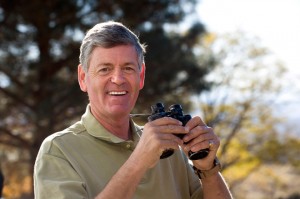
DP: Nicholas, I see a very obvious thread to your life from a young age. It involves animals, people and plants. What is your life philosophy?
NS: I believe we’re all farmers at heart. People, plants and animals. We’re all joined at the hip.
Share:
Social Media
Garden Futurist Podcast
Most Popular
Videos
Topics
Related Posts
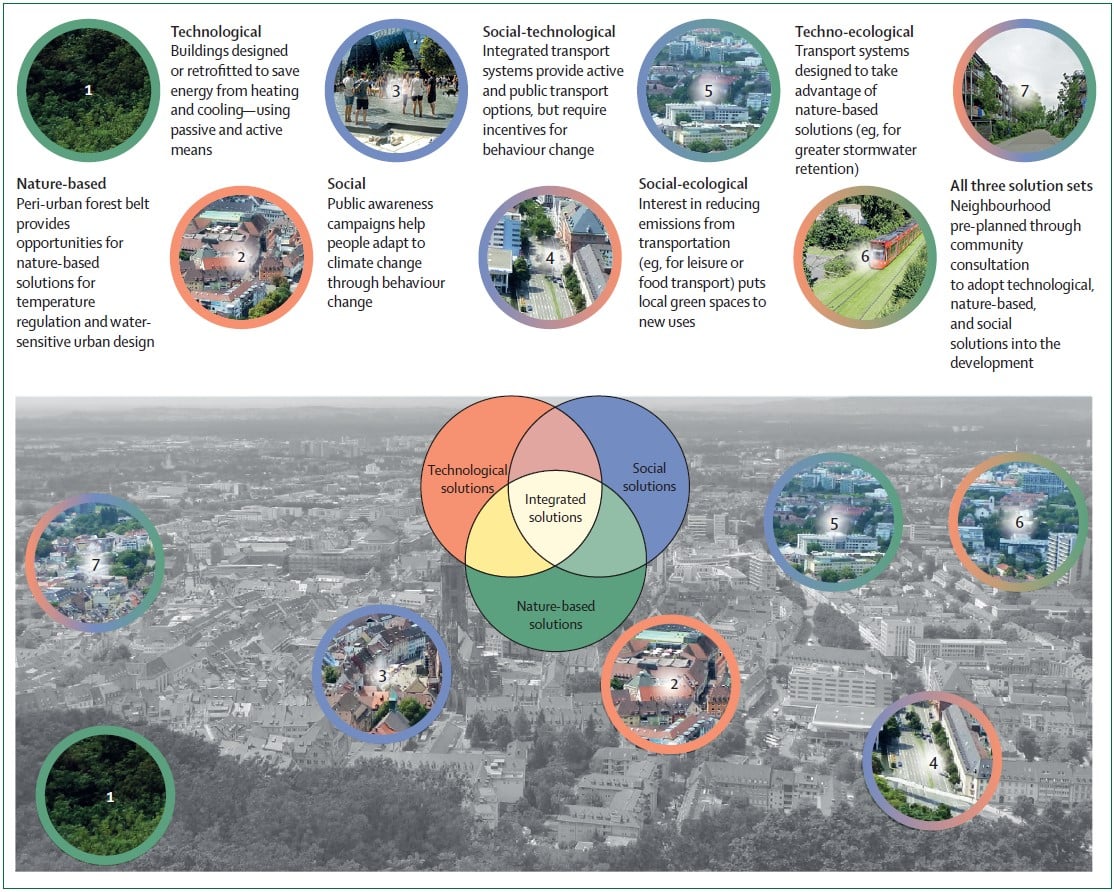
Ground Up Science for Greener Cities with Garden Futurist Dr. Alessandro Ossola
Spring 2023 Listen to the Podcast here. Alessandro Ossola is a scientist who gets very excited about the challenge of climate change allowing for an
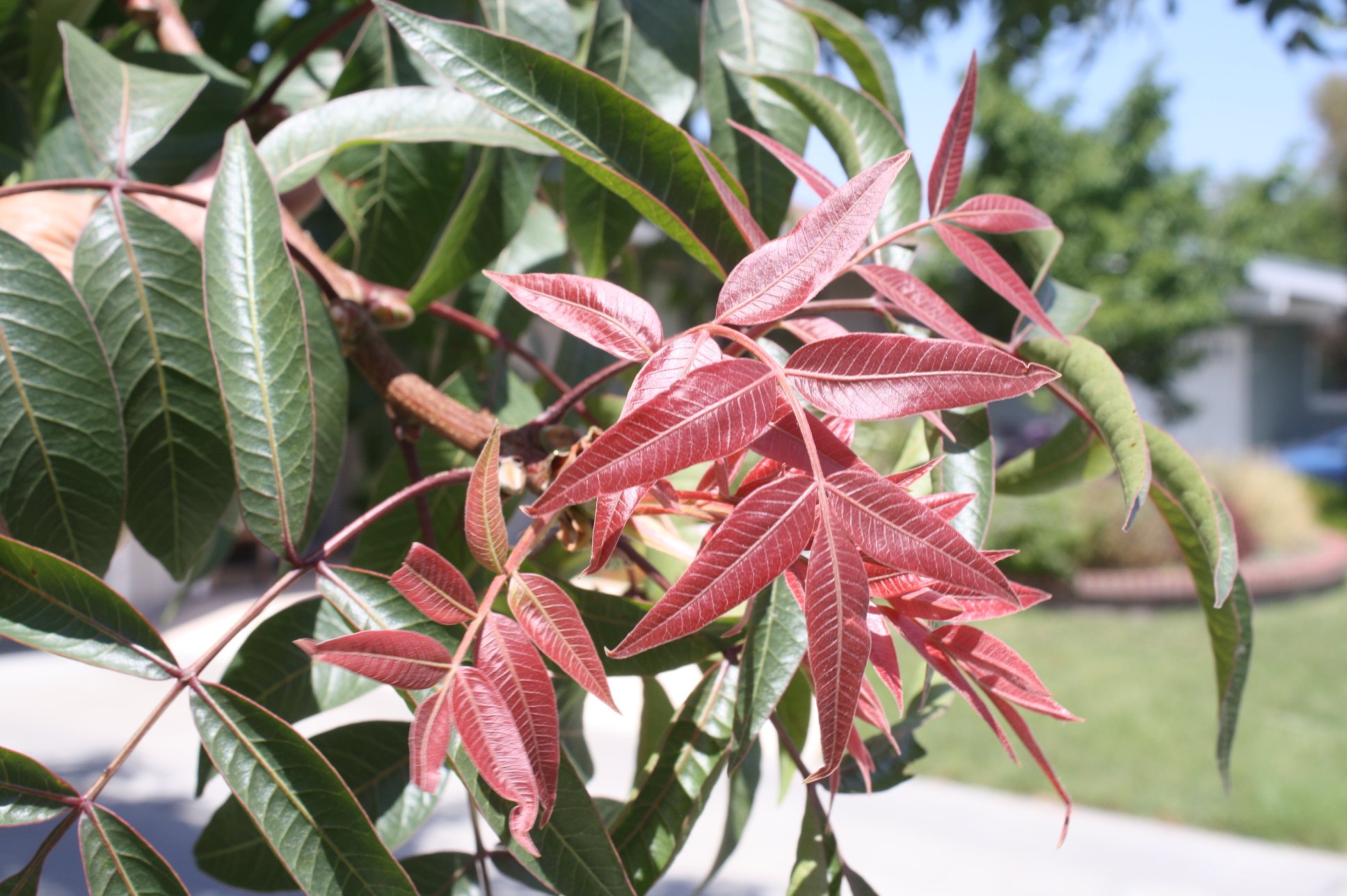
Readying Urban Forests for Climate Realities with Garden Futurist Dr. Greg McPherson
Winter 2023 Listen to the Podcast here. “Going from the mow and blow to a more horticulturally knowledgeable approach to maintaining the landscape. And that
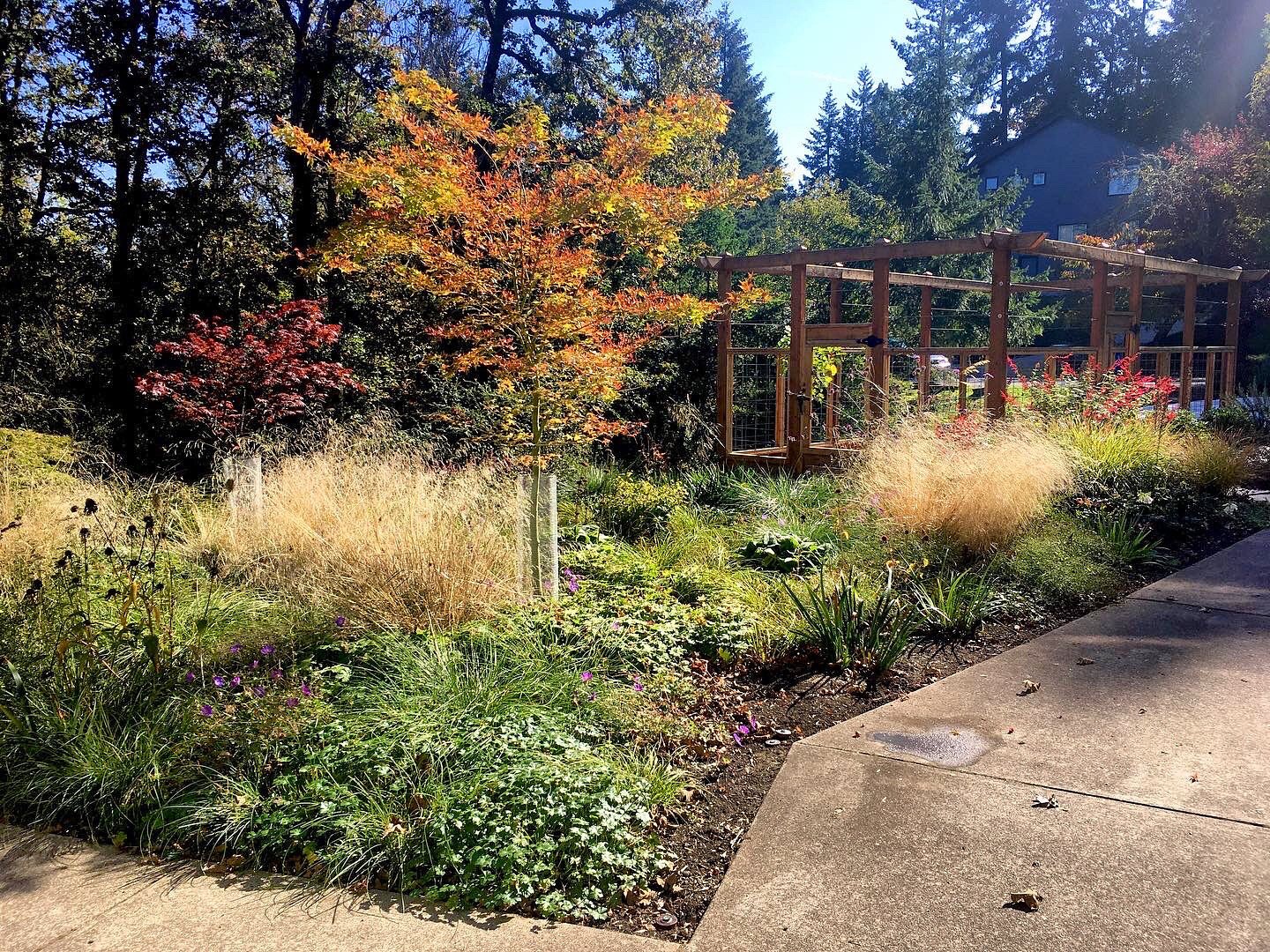
Low Maintenance Gardens – Better for Pollinators and People
Autumn 2022 “I come out every day. It’s therapy, my meditation.” Janet’s young garden transformed from overgrown, invasive plants to mostly natives. The dailiness of
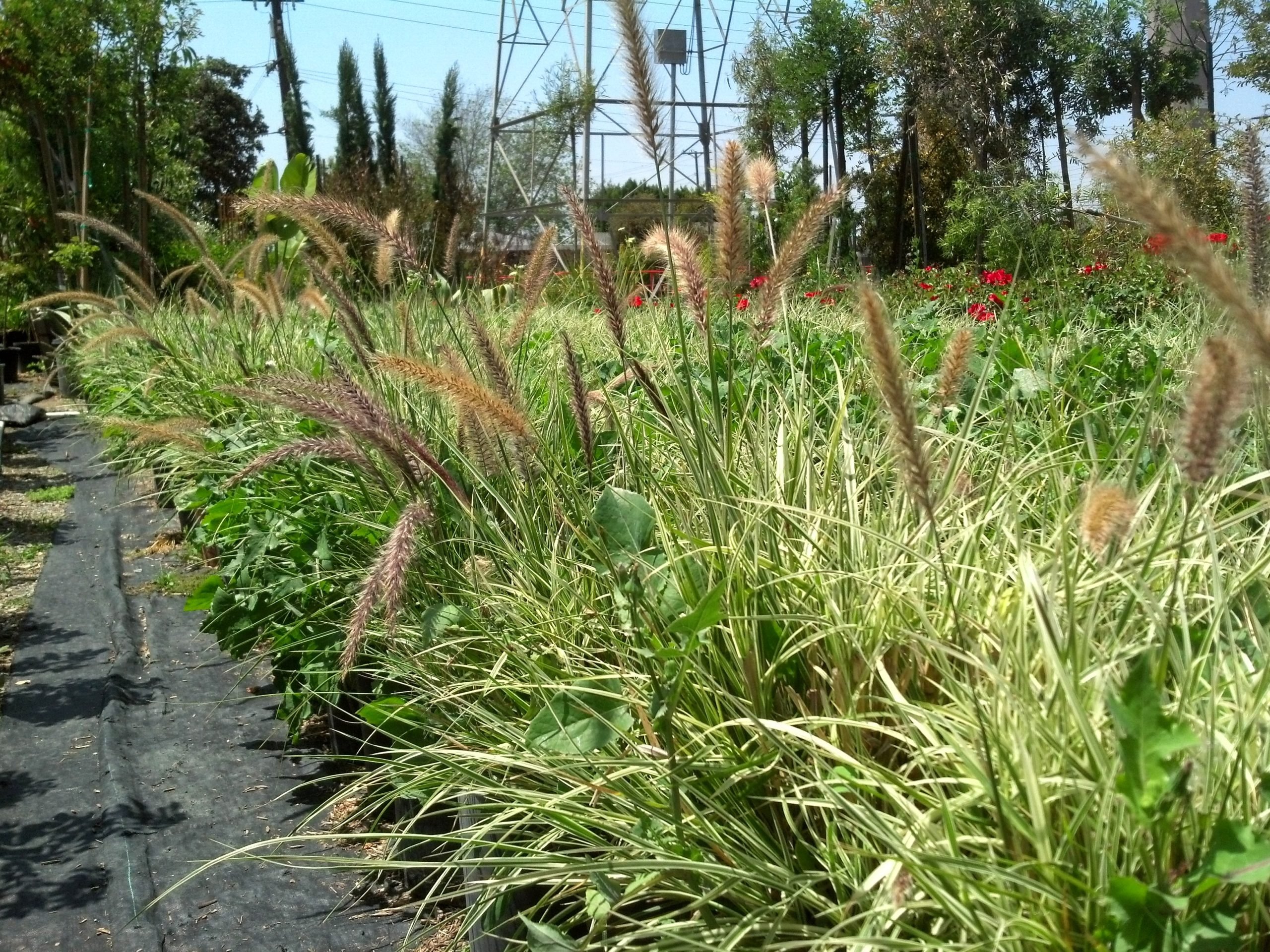
Invasive Plants Are Still Being Sold: Preventing Noxious Weeds in Your Landscape
Autumn 2022 With so many beautiful ornamental plant species and cultivars throughout California and the Pacific Northwest, how do you decide which ones to include


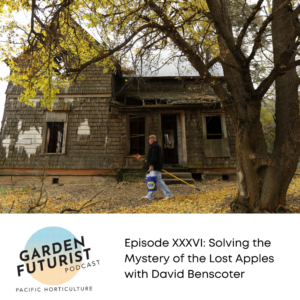
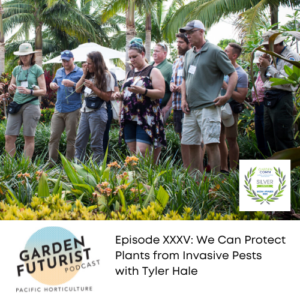
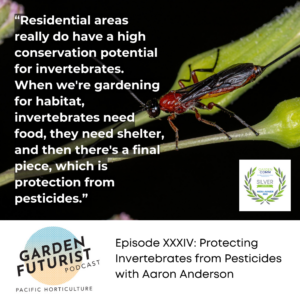

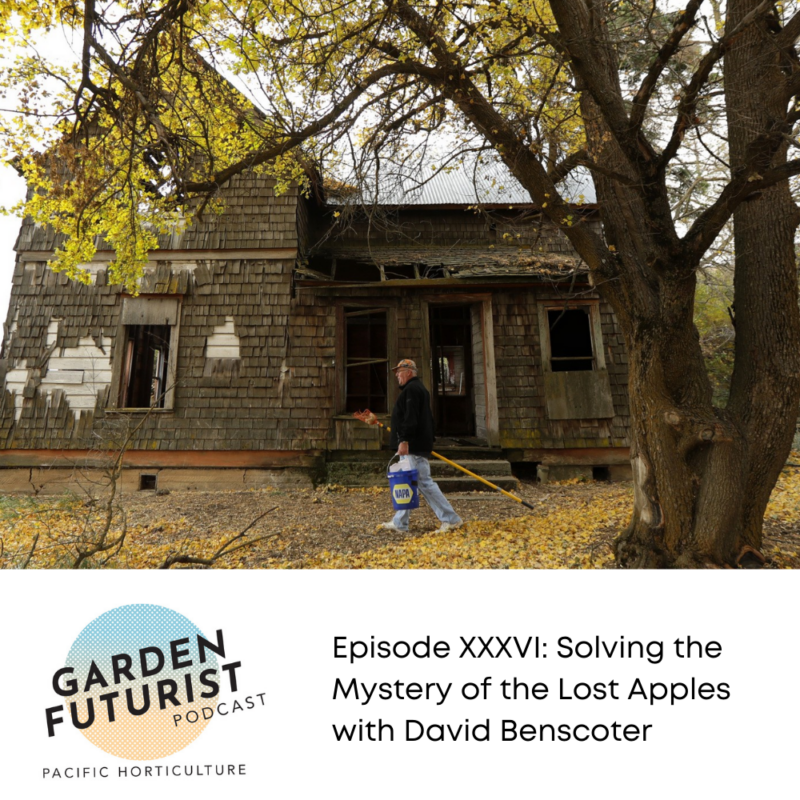
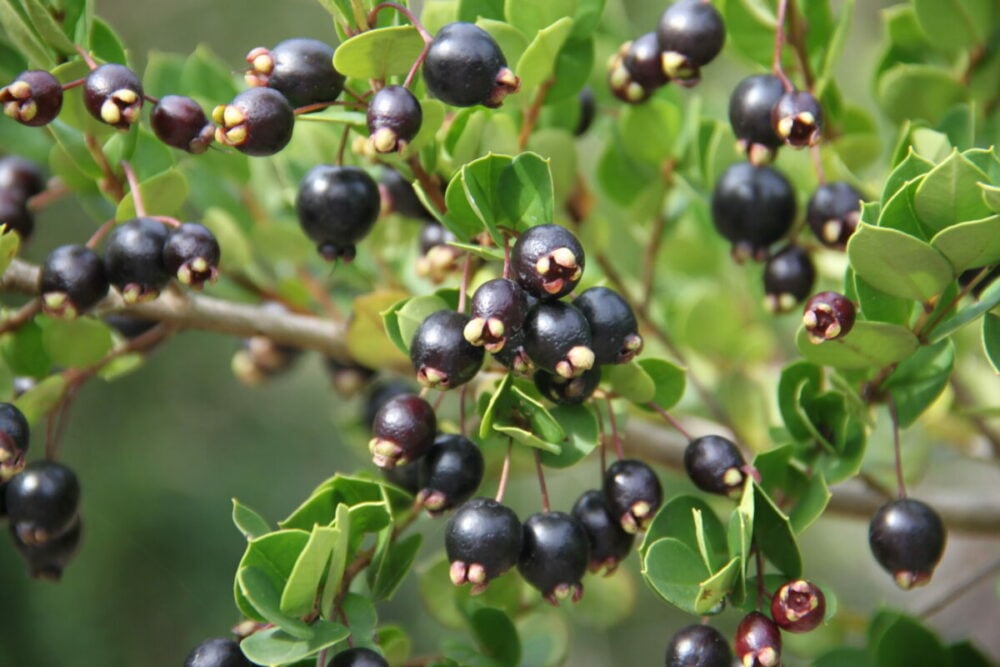



Responses